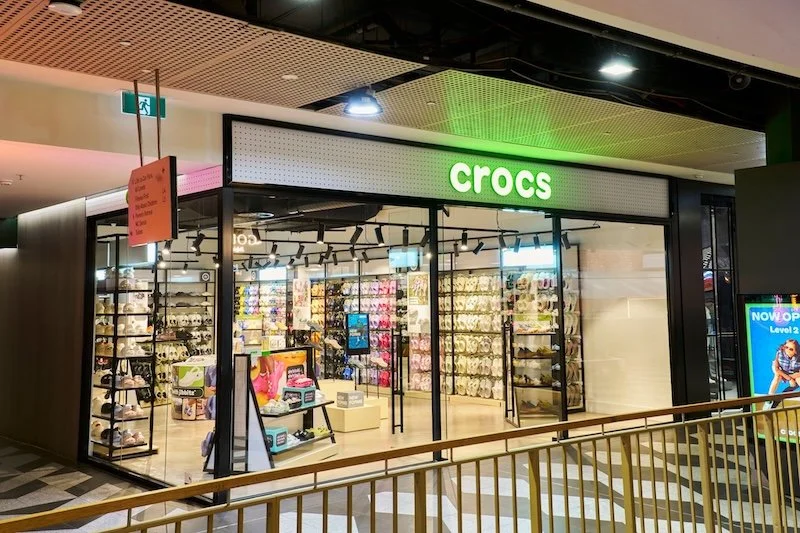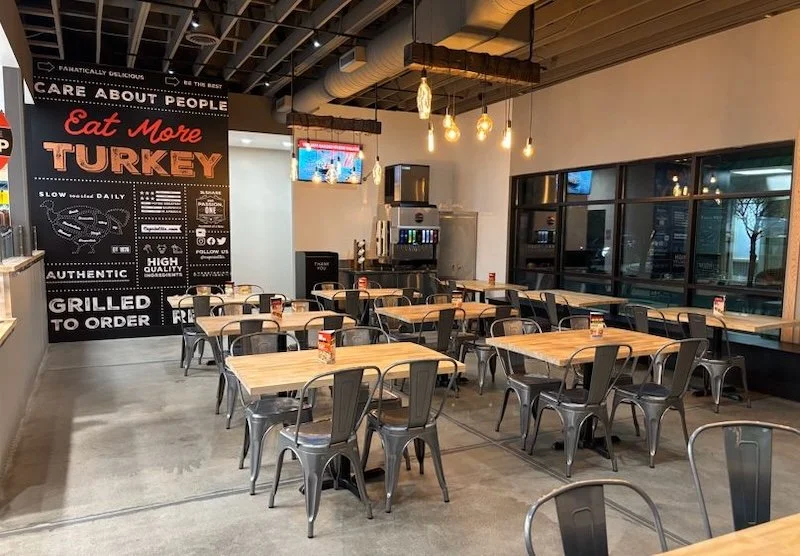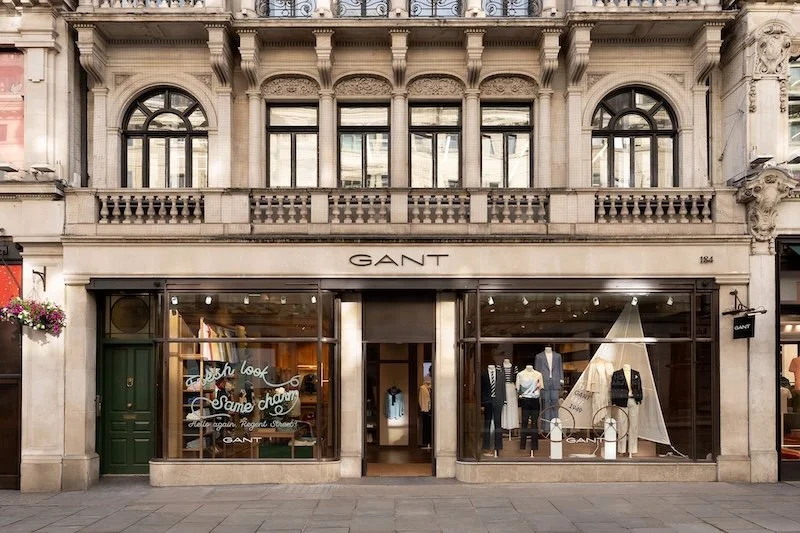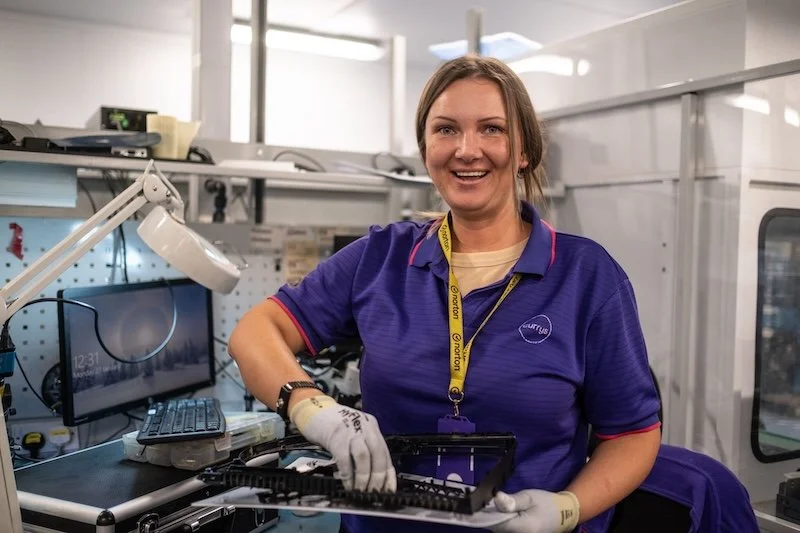Five technologies that are shaping Chinese retail experiences
In 2019, China drove more than 20% of the global retail industry, and it's not slowing down.
According to eMarketer, the country could soon overtake America as the world's largest contributor to the retail market. But just ten years ago, Chinese retail sales were barely a quarter of those in the US. So what's caused this change?
The most crucial factor is technology. From smart tech to augmented reality, new developments are transforming the way people shop and are sparking a retail boom in the process.
In this post, we'll explore five of the latest China techs that are shaping the retail experience. Whether it's to celebrate Golden Week or to restock the fridge, these trends are making it easier than ever to buy the products you need.
1. Autonomous shopping carts
‘Automation has revolutionised everything from the way we carry out daily tasks to the way we make investments,’ according to ForextoStocks. We've all heard of self-driving cars, but what about self-driving shopping carts?
Big names such as Google, Walmart, and LG have all taken up the new technology, but one of the corporations steering this trend (literally) is 7Fresh.
Owned by JD.com, 7Fresh opened its first store in the Dazu Plaza Shopping Centre in Beijing in 2018. The centre is one of the most technologically advanced supermarkets in the world, thanks in part to its use of smart shopping carts.
These navigate the store automatically, leaving customers able to shop hands-free. They also have space for a touchscreen pad, which displays information and an in-store payment app.
2. Contactless payments
China is one of the most contactless-friendly countries in the world.
According to ThisIsMoney.co.uk, Chinese shoppers can make contactless payments up to the equivalent value of $111.94. This value is the second highest limit after Japan, which has authorised contactless payments up to $136.34.
This rise of contactless payments has enabled more shoppers to pay using their phones, which helps streamline the retail experience. As mobile wallets can safely encrypt user details, they are often much safer than paying with an actual credit card.
3. The rise of New Retail
The phrase New Retail comes from Jack Ma, the co-founder of the Chinese technology giant Alibaba. In a letter to his shareholders, he described the idea as the intersection between online and offline commerce — a retail experience that combines the digital with the analogue.
Alibaba itself embodies New Retail perfectly. From its robot-staffed restaurants to Freshippo, its membership-only supermarket has 200 stores around China. Alibaba's services rely on data to optimize the customer journey.
The services include handy payment apps, a more personalized system, and an integrated approach to its different customer channels.
4. Social commerce
It's no secret that social media is revolutionising the way we interact with each other, from dating apps to professional networks. Platforms such as Facebook, Instagram, and YouTube have transformed almost every aspect of our lives — and the world of retail is no exception.
Social commerce refers to the use of social networking sites to sell products. If you've ever bought a product by following an affiliate link on Instagram, you're not alone. This form of marketing has taken off around the world, but it's incredibly popular in China.
In fact, the Chinese social commerce market was valued at two trillion Yuan in 2019, with almost 50 million different users around the country.
5. Augmented reality
Have you ever seen an item of clothing online and wished you could try it on before you buy it? With augmented reality (AR), you can! The rise of smart shopping has prompted many brands to offer a virtual ‘try-on service,' where customers can digitally impose products such as makeup or clothing onto their selfies.
And it's not just the beauty industry that's benefiting from AR. Unsurprisingly, tech-savvy Alibaba — along with fellow Chinese companies Baidu and Tencent — has also been quick to invest in this technology. It even launched AR marketing campaigns to encourage consumers into retail stores.
Baidu's AR smartphone game, for example, hid virtual KFC coupons around crucial shopping districts. Customers could hunt out and redeem these coupons for discounts. According to Baidu, around 400,000 people played the game within three days of its launch.
With studies suggesting we see 5,000 marketing messages a day, AR could be the perfect choice for retail brands who want to stand out.
Summary
China may have been slow to become a retail superpower, but thanks to these five technologies, its retail experience is now one of the most innovative in the world. What new trends could we see emerging in the next ten years?











Continue reading…